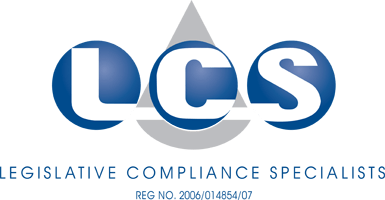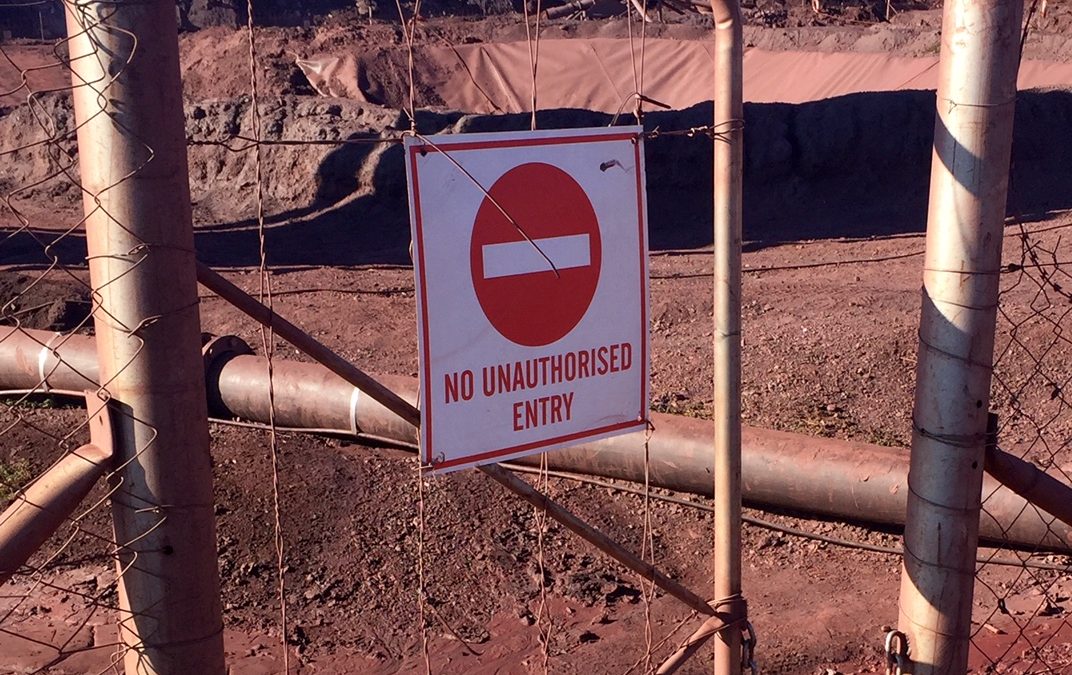| Description | Health Professions Act, 1974, Regulations | ||
| Government Gazette | GG 40577, GNR 49 | ||
| Type | Regulation Notice | ||
| Date published | 27 January 2017 | ||
| Effective date | 27 January 2017 | ||
| OHS Act Sites | X | ||
| MHS Sites | X | ||
Minister Aaron Motsoeledi has published new Regulations under the Health Professions Act.
These Regulations deal with the qualification requirements for the registration of Basic Ambulance Assistants, Ambulance Emergency Assistants, Operational Emergency Care Orderlies and Paramedics.
It lists the relevant qualifications and examining authorities which will be considered as valid qualifications for registration. The qualifications and examining authorities are:
| Cape Peninsula University of Technology | National Diploma in Emergency Medical Care |
| Durban University of Technology | National Diploma in Emergency Medical Care |
| University of Johannesburg | National Diploma in Emergency Medical Care |
| Central University of Technology | National Diploma in Emergency Medical Care |
| School for Military Health Training | Operational Emergency Care Orderly Course |
The Regulations further define the periods, before and after the publication of these Regulations, that will be considered for recognition of the qualifications.
The registration process would be relevant to both mining and industrial operations who either directly or through a contractor, offer emergency medical services.
| Description | Medicines and Related Substances Act | ||
| Government Gazette | GG 4057, GNR 50 | ||
| Type | Draft Regulation Notice | ||
| Date published | 27 January 2017 | ||
| Effective date | 27 April 2017 | ||
| OHS Act Sites | X | ||
| MHS Sites | X | ||
The Minister of Health has published draft Regulations in terms of the Medicines and Related Substances Act.
The draft Regulations may be commented on within a 3-month period following is publication.
The draft Regulations cover, amongst other topics:
- Requirements for prescription books and permanent records to be kept wherever Scheduled medicines are dispensed. Specifically references electronic records.
- Requirements for dispensing licenses.
- Recordkeeping requirements for licensees.These issues, amongst others contained in the Regulations, mean that it would have an impact on Mining and Industrial operations where medicines are dispensed.
| Description | Standards Act, 2008 | ||
| Government Gazette | GG 40480, GNR 867 | ||
| Type | Notice | ||
| Date published | 9 December 2016 | ||
| OHS Act Sites | X | ||
| MHS Sites | X | ||
- Schedule 1: New Standards
Some of the more important new standards include:
- SANS 10377:2016 – Consumer Product Safety, Guidelines for Suppliers
2. Schedule 2: Amendment of existing standards
Some of the more important amended standards include:
- SANS 20346:2016 – Personal Protective Equipment, Safety Footwear
- SANS 60079-28:2016 – Explosive atmospheres – Part 28: Protection of equipment and transmission systems using optical radiation.
3. Schedule 3: Cancellation of standards
- The following standards have been cancelled
- None
4. Schedule 4: Contact details
- This has remained unchanged.
| Description | Occupational Health and Safety Act, Ergonomics Regulations | ||
| Government Gazette | GG | ||
| Type | Draft Regulation for Comment | ||
| Date published | 27 January 2017 | ||
| Effective date | 27 April 2017 | ||
| OHS Act Sites | X | ||
| MHS Sites | |||
Minister Mildred Oliphant has published draft Ergonomics Regulations under the Occupational Health and Safety Act for comment.
Some of the important topics addressed include:
- A person “competent” in ergonomics is mentioned 3 times. The definition of competent person in Regulation 1 is however open for interpretation and not specifically defined in terms of prescribed qualifications, registration or experience.
- Various definitions are added, including Muscoskeletal Injuries and Disorders, Ergonomics Risk Assessment and Supplier amongst others.
- Importantly, the scope of the Regulations references both Employers and Self Employed persons and designers, manufacturers, erectors installers and suppliers. This is important, as the obligations placed on what may be referred to as the “manufacturer”, gives the employer an important tool to utilize to limit the extent of its liability under the Regulations to some extent. (Although not absolutely)
- A general responsibility is placed on ensuring information and training regarding ergonomic risks and controls are given to employees. Specific mention is made of the responsibility towards Mandataries. This is of interest insofar as current or future Section 37(2) agreements with mandataries is concerned.
- Training is to be presented by a person “competent” in ergonomic risk factors. This competence is not exactly defined.
- A specific requirement for ergonomics risk assessment is added. This is to be performed by a “competent” person.
- The requirements for risk assessment are quite detailed, and includes reference to procedures, methodologies and record keeping.
- Risk based medical surveillance is covered. This includes the completion of employee questionnaires amongst other specific requirements.
- In terms of record keeping, requirements are stipulated for both assessments and medical records.The draft Regulations pose some interesting questions, for example with regards to what would be deemed to be a “competent person”. While not the final version, it is suggested that the Regulations, once promulgated, will require some effort before compliance will be achieved.While the Regulations do not apply directly in the Mining Environment, mining operations would do well to familiarize themselves with the Draft Regulations, as it is a good indicator of the various elements which should be addressed in a mining ergonomics program.
FOR ANY FURTHER INFORMATION, COMMENTS OR QUERIES, PLEASE DO NOT HESITATE TO CONTACT THE WRITER.
Regards,
Jaco Swartz
Managing Director
Legislative Compliance Specialists (Pty.) Ltd.
011 679 3556

